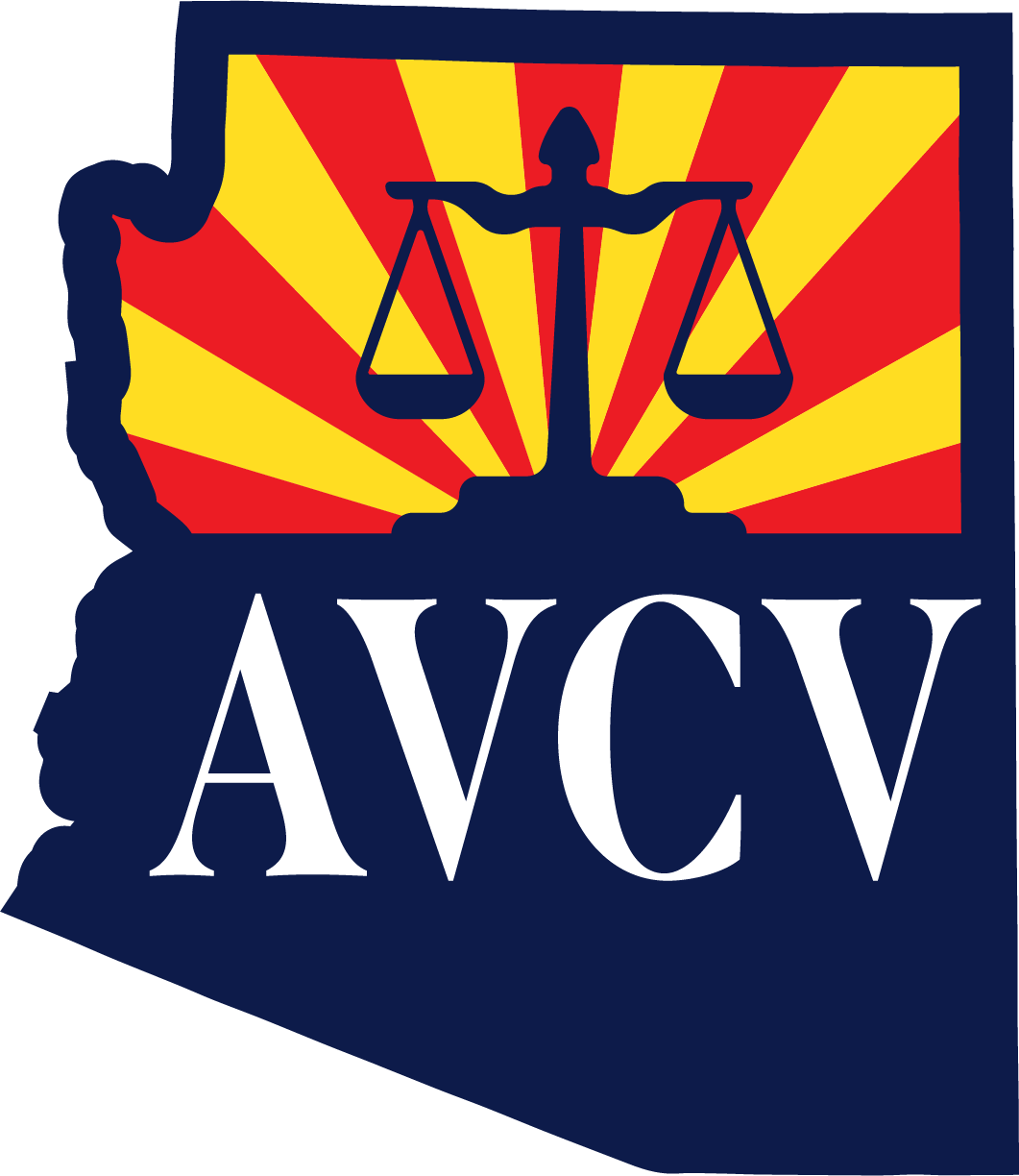
Arizona’s Victims’ Rights Movement
November 2020 marked thirty years since the enactment of the Victims’ Bill of Rights (VBR), as art. II, § 2.1, of the state constitution. The passage of the VBR was an immense achievement in the face of strong opposition. The movement was led by numerous crime victims, grassroots organizations, and prosecutors throughout the state. There had been two unsuccessful attempts to get a victims’ rights amendment referred by the Arizona Legislature. Strong opposition came from defense attorneys and, astonishingly, judicial officers. After the two attempts to get on the ballot through legislative action, the people of Arizona in 1990 rallied to support a ballot initiative drafted by Steve Twist, then the Chief Assistant Attorney General for Arizona. Petitions were circulated and signed by thousands of Arizonans, who saw and disapproved of the grave injustices in how victims were treated during the criminal justice process. The effort was truly grassroots. Led by the Victims Bill of Rights Task Force, victim advocates reached out across Arizona. On November 6, 1990, Arizonans voted overwhelmingly to add the new VBR to our constitution. In the year following, implementing statutes were drafted and passed in order to further implement, define, preserve and protect the constitutional victims’ rights amendment.
While it has been more than thirty years since the people of Arizona voted to preserve and protect victims’ rights to justice and due process, Arizona’s movement continues to this day. AVCV continues to work toward changing the culture of the criminal justice system to be more inclusive for victims, both in Arizona and on the national level, through the filing of amicus briefs and through its work to modernize Arizona’s court rules by fully integrating victims’ rights into Arizona’s Rules of Criminal Procedure—another task which has faced great opposition from the defense bar and some judicial officers. AVCV’s staff regularly provides training on victims’ rights topics at national conferences each year including the National Crime Victim Law Conference, the National Organization for Victim Assistance Conference, and the Parents of Murdered Children National Conference. One of AVCV’s most important partnerships has been with ASU’s College of Law. This partnership is one that is essential to training future lawyers by giving law students an opportunity to work alongside AVCV’s attorneys and social workers to assist and support crime victims as they navigate the criminal process.

